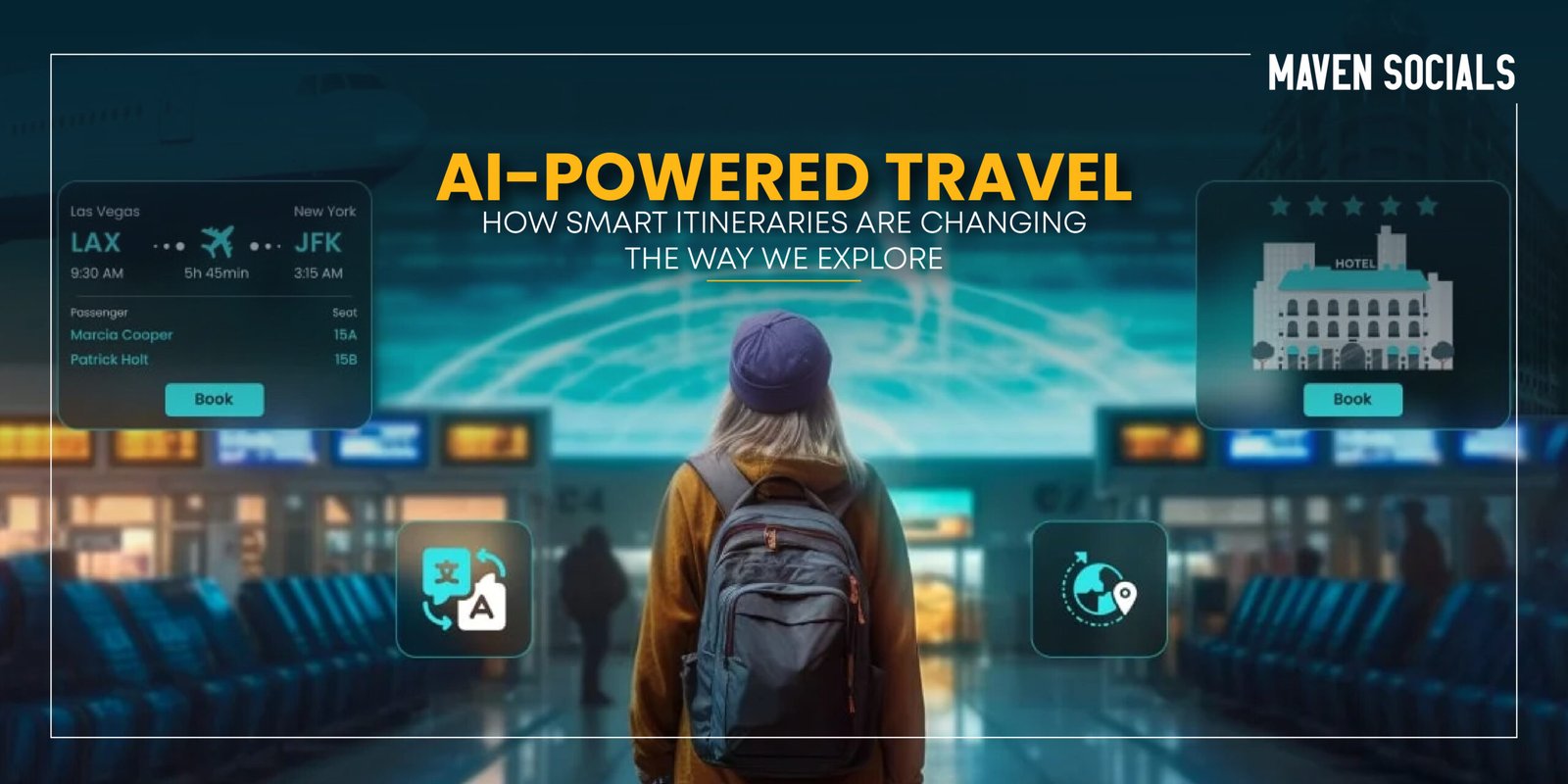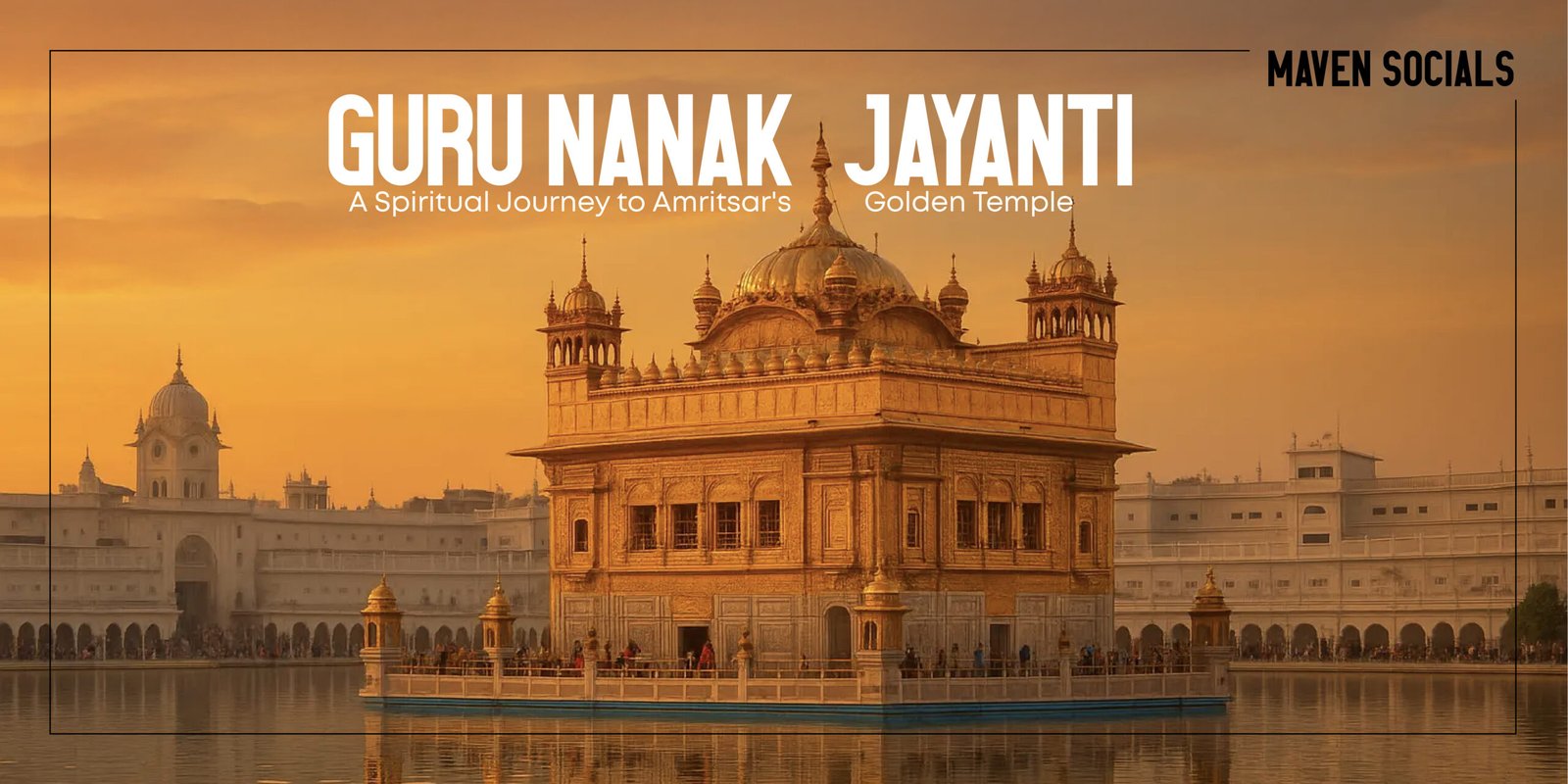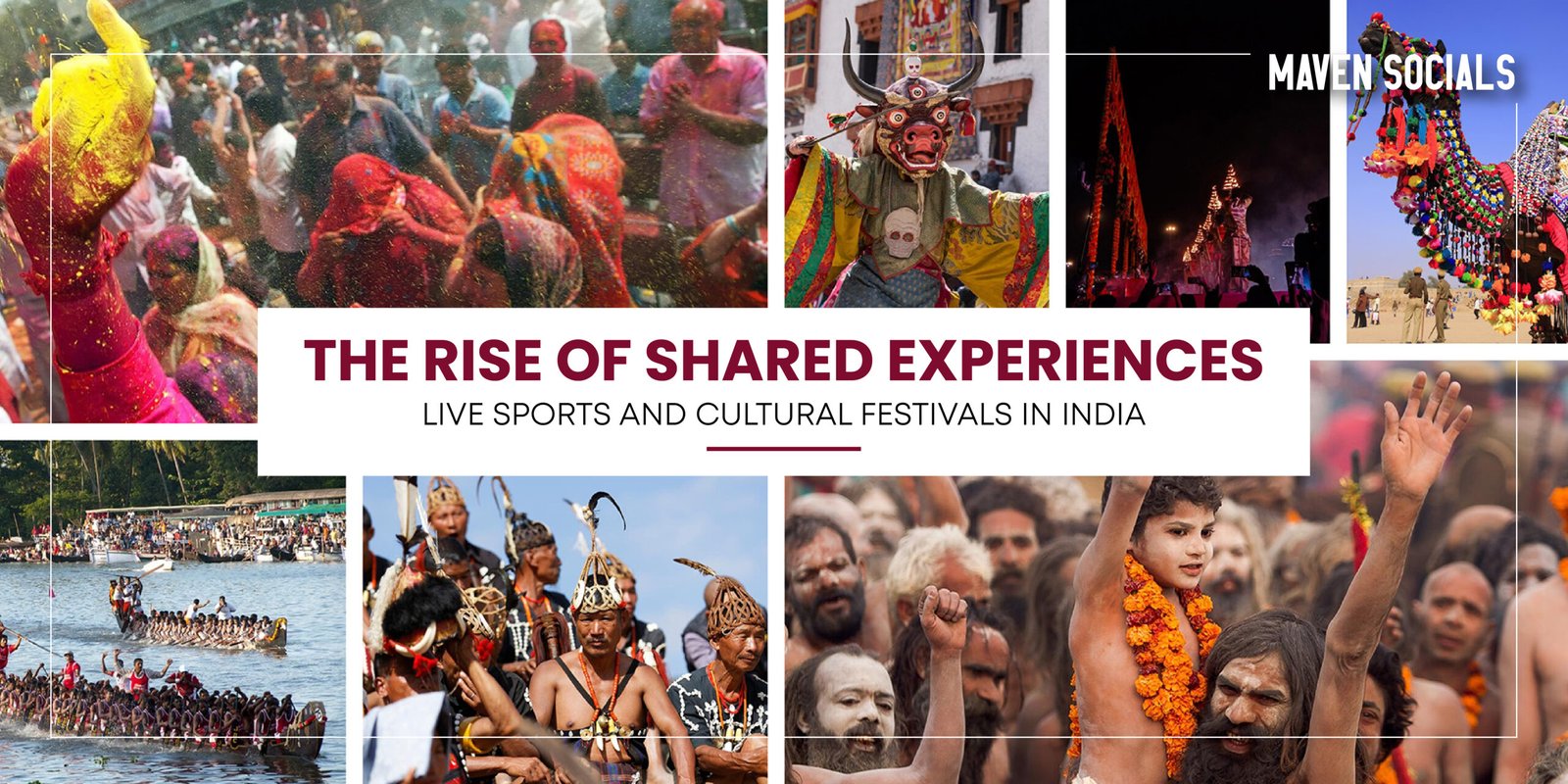In a world where technology touches every corner of our lives, travel is no exception. Artificial Intelligence (AI) has transformed how we plan, experience, and share our journeys. From personalized trip suggestions to real-time updates and seamless booking, AI-powered itineraries are redefining travel convenience and customization.
What Are AI-Powered Smart Itineraries?
AI-powered smart itineraries use algorithms and data analytics to craft personalized travel plans tailored to an individual’s preferences, budget, and schedule. Instead of spending hours comparing flights, hotels, and attractions, travelers can rely on intelligent systems that do it all in seconds.
These itineraries adapt dynamically—if your flight is delayed or the weather changes, your AI assistant automatically reshuffles your schedule to fit the new conditions.
How AI Is Revolutionizing the Travel Experience
1. Personalized Travel Recommendations
AI tools like Google Travel, Hopper, and TripIt analyze your travel history, browsing behavior, and preferences to suggest destinations, activities, and restaurants you’re most likely to enjoy. Whether you’re a solo backpacker or a luxury traveler, the itinerary evolves to suit your unique style.
2. Real-Time Travel Assistance
Gone are the days of static plans. AI assistants such as ChatGPT-powered travel bots and booking apps now offer real-time updates on flight changes, local transportation, and nearby attractions. They even suggest spontaneous detours—like a hidden café or a sunset viewpoint—based on your live location.
3. Smarter Budget Planning
AI systems can compare thousands of options instantly to give you the best prices for flights, accommodations, and experiences. Some platforms even predict when prices will rise or drop, helping you make smarter booking decisions.
4. Sustainable Travel Choices
AI-driven platforms now recommend eco-friendly hotels, carbon-neutral flights, and local experiences that support small businesses. This shift helps travelers make more conscious decisions while exploring responsibly.
5. Seamless Multilingual Support
Traveling to a foreign country? AI translation tools such as Google Lens and ChatGPT multilingual assistants make communication effortless—translating menus, signs, and conversations instantly, bridging cultural gaps.
The Future of AI in Travel
The next generation of AI travel tools will likely combine augmented reality (AR) and wearable devices to provide even more immersive experiences. Imagine walking through the streets of Rome while your smart glasses highlight historical landmarks and narrate stories in real time.
In the coming years, AI could make predictive travel planning mainstream—anticipating your preferences before you even start searching. From mood-based itineraries to automated booking flows, the future of travel looks smarter than ever.
Final Thoughts
AI-powered itineraries are more than a tech trend—they represent a shift toward personalized, efficient, and intelligent travel. As these tools continue to evolve, they promise to turn every journey into a seamless adventure where technology enhances, rather than replaces, the joy of exploration.












